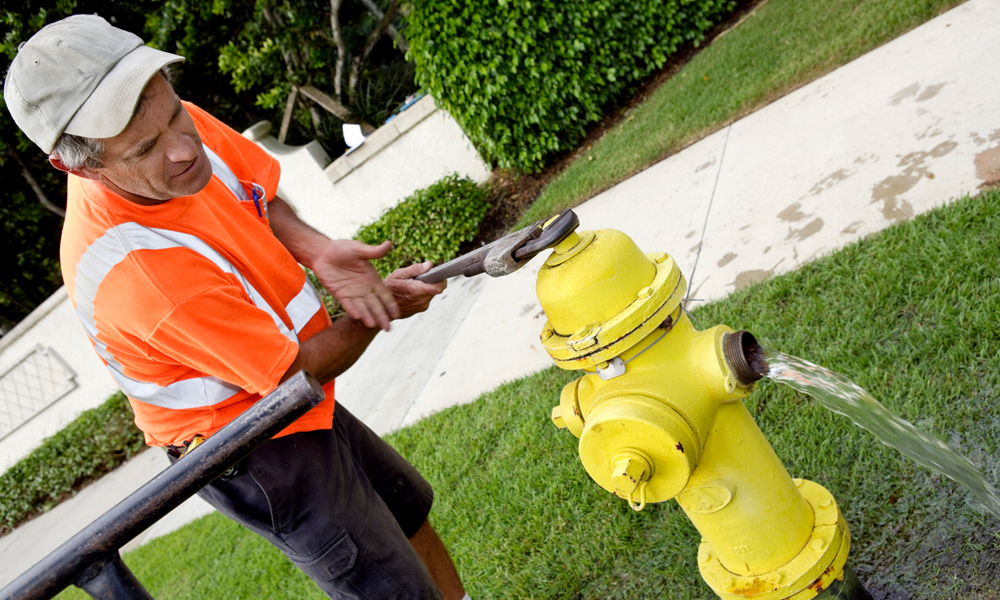
Corpus Christi city staff conduct field tests across the city along with daily water tests at the O.N. Stevens Water Treatment Plant. The results are reported to both state and federal agencies.
Tap water quality in Corpus Christi is good, according to a required report from the Environmental Protection Agency and the Texas Commission on Environmental Quality. Daily water tests over a year look for the presence of up to 97 contaminants and determine how much of each is present by parts per million or billion. The agencies compile the information into annual reports for water departments.
All water contains contaminants; the issue is how much and whether the amount causes a problem, city officials said. According to the Corpus Christi report for 2016, all contaminants measured were below what would be considered a health risk.
A full report was mailed to water customers in previous utility bills and presented in a public meeting July 17. Only about 11 people turned out to the hear the results, despite past water troubles that had many water customers, including businesses forced to close for days, outraged.
In terms of water quality, 2015-17 were tough years for Corpus Christi. After three different boil water notices in 18 months, which shut down businesses and caused a run on bottled water at local stores, a fourth crisis hit in December 2016.
Caused by a possible chemical leak from an asphalt emersion plant in the industrial area, most of the city was unable to use tap water for almost four days. The incident precipitated several lawsuits and the resignation of a newly elected mayor.
City water sources include rivers, lakes, streams, ponds, reservoirs, springs and aquifers. Most is supplied through three reservoirs: Choke Canyon, Lake Corpus Christi and Lake Texana.
The Nueces River transports water from Choke Canyon and Lake Corpus Christi to the O.N. Stevens Water Treatment Plant. The recently completed Mary Rhodes Pipeline Phase II moves water from Lake Texana to the treatment plant.
The three boil water notices that plagued the city during 18 months of 2015-16, were most likely caused by dead-end mains, officials explained in both the report and at the meeting. DEMs are water lines that extend from the main system without reconnecting back into that system. They just stop; therefore the water cannot continue to flow. It instead sits and ages, which can lead to increased bacterial activity.
DEMs coupled with unusually high rainfall periods during those two years caused runoff from farms to overflow the system. Farm runoff contains pesticides, fertilizers and animal waste.
The city has about 1,900 DEMs, which must be flushed monthly to protect water quality throughout the entire system. About 300 lawns are watered from flushed DEMs. The utility department is working to eventually eliminate DEMs, according to the report.
For more information about water quality in the city of Corpus Christi, call (361) 826-1234 or visit cctexas.com/government/water/index.





